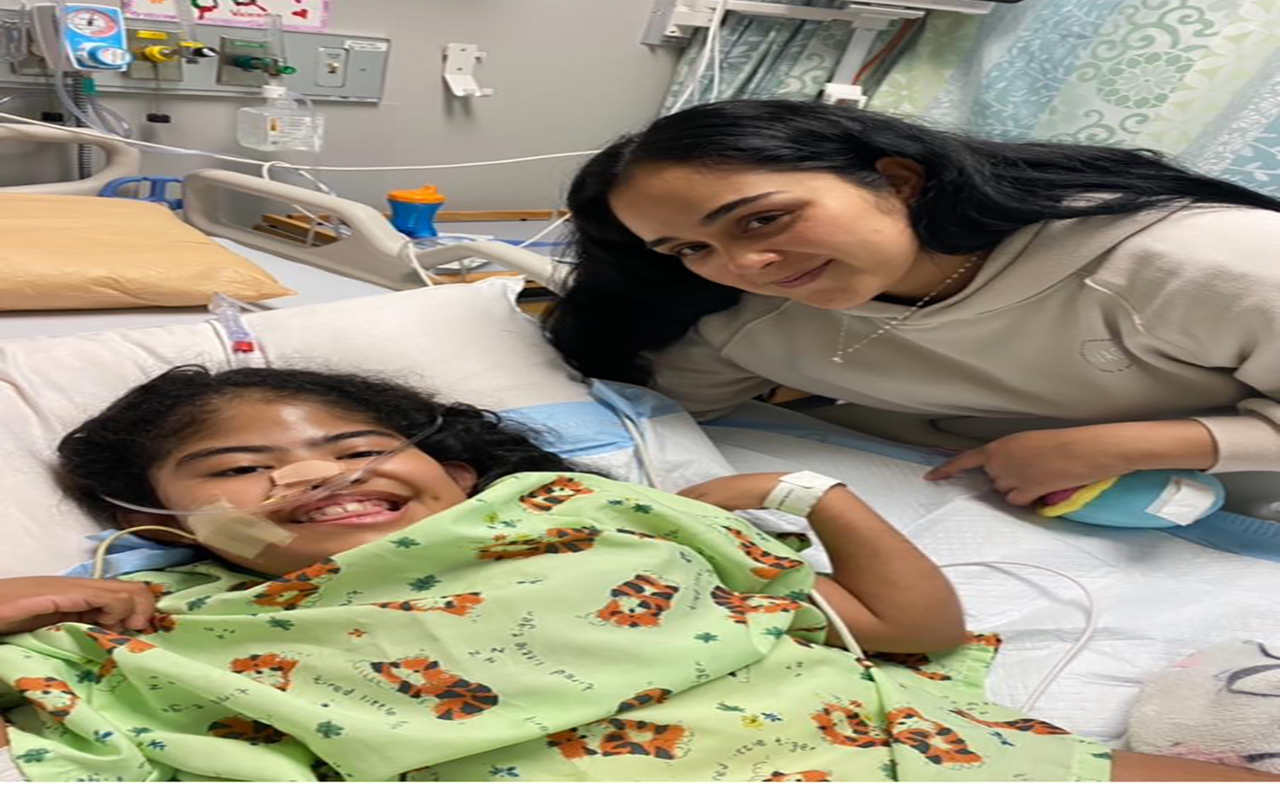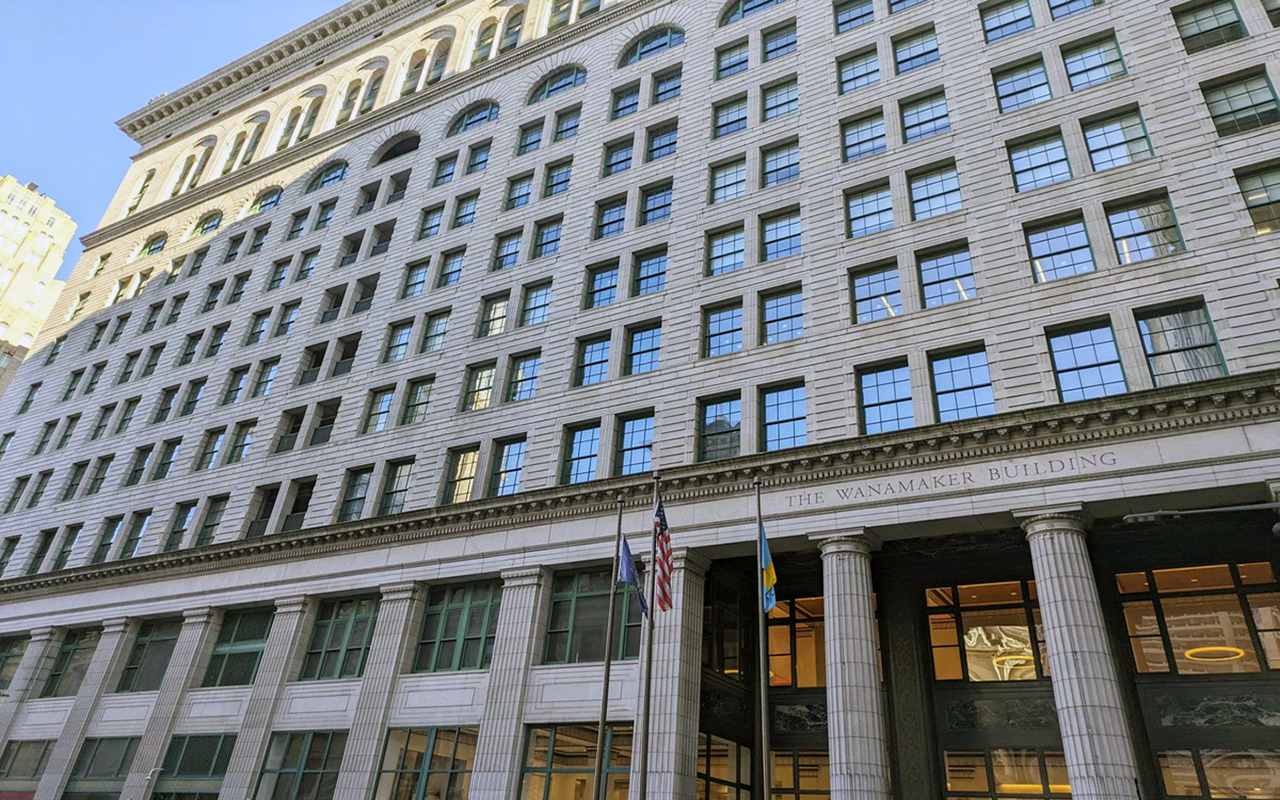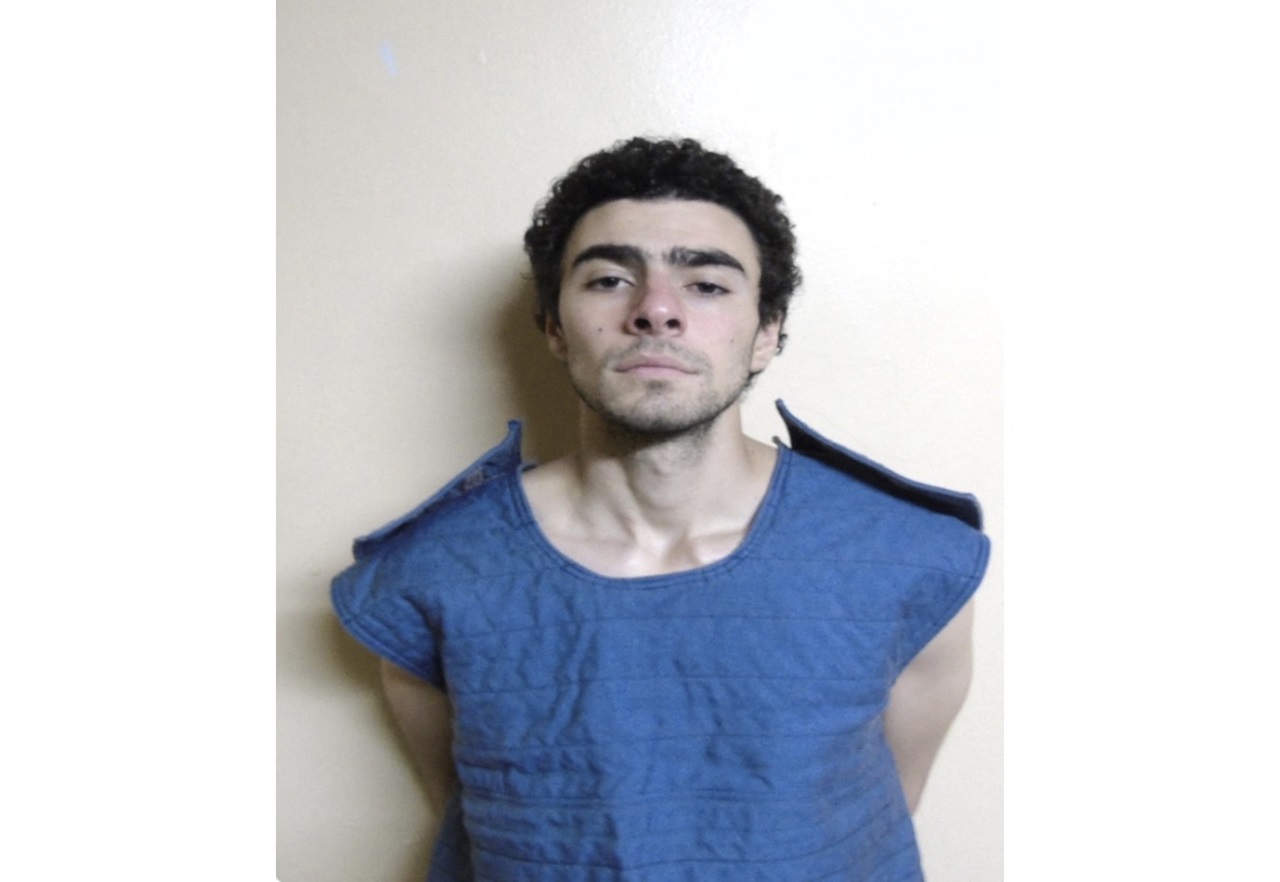Becerra and Casey take in CCP’s new career and tech center, talk community health investments and nursing
On Friday, Oct. 21, the U.S. Department of Health and Human Services (HHS) Secretary Xavier Becerra traveled to Philadelphia to tour the Community College of Philadelphia’s new Career and Advanced Technology Center alongside U.S. Senator Bob Casey and highlight HHS-funded community health projects and the state of the nursing workforce, which has struggled since the pandemic to fill vacancies.
As a part of the tour, the Secretary and Senator went around different classrooms that focus on different aspects of the healthcare field including nursing, surgical, and dental care.
“One way of pursuing a post secondary credential is more accessible, attainable and affordable,” said CCP President Dr. Donald Guy Generals. “While our automotive tech program serves as the anchor for this facility, we are proud to offer several health care programs that quickly prepare our students for emerging careers and in the healthcare profession.”
The visit was part of the HHS’s current efforts to rally behind Biden’s plan to improve the safety and quality of care in the nation’s nursing homes, a part of the healthcare field that has struggled since the pandemic to bounce back in terms of staffing, and overall healthcare quality.
It also includes how to further bolster the country’s nursing workforce.
A current student, Jalayla Welch, was also there to speak on her experiences at CCP and her plans for the future as she nears graduation and will soon enter the healthcare field.
“We've just been learning a lot of skills that are hands-on learning. Very intimate classroom, Welch told AL DÍA News. “We graduate in December. I want to get into pediatrics, maybe Penn Medicine.”
Welch, a West Philly native is a prime example of the kind of local talent the healthcare field needs to focus more on if it wants to increase and bolster its hires.
Also on hand was Philly Councilmember Jamie Gauthier, who represents the third district that covers much of West and Southwest Philly. She called it exciting to have Becerra come tour CCP’s new center.
“To hear that we're getting an infusion of resources to do even more of that. It's just wonderful,” she said.
She went on to speak about her own ideas about where the city can contribute to get more young people better paying jobs.
“I also have an interest in how we can do this with the life sciences, said Gauthier. “That is driving the economy more and more in West and Southwest Philly, but across the city as well.
Gauthier finished by speaking on the stigma that exists around young people not attending a four-year college and how they can still achieve successful, good-paying careers outside of the traditional school path.
CONTENIDO RELACIONADO
“We have to reach more students while they're in high school, even while they're in grade school to teach them more about all of the careers that they can have, whether they want to attend a four year degree program or not,” said Gauthier. “Students should have a sense of the wide world that's out there and just the plethora of jobs that can speak to their interests, in their passions, and that they can where they can make a good living, to feed their families and to support their communities as well… As long as folks are doing good and productive work that they're passionate about that helps society and they can take care of themselves, that's the goal.”
During the press conference that featured both Becerra and Casey, AL DÍA posed a question about the current imbalance of American-born and foreign-born healthcare workers, with the latter doing more and more of the vital work. As immigration policies get more strict, those shortages are felt on a wider scale.
“If we're going to continue to make it harder for people to come to this country to work, and don't have the programs, funding and the structure in place to have the workforce that we need, it's going to continue to adversely impact our healthcare system,” said Casey. “This isn't simply about what the Secretary and his team can do at HHS or other parts of the federal government, we've got to address our immigration system.”
Becerra responded with a story about a recent conversation he had with the health minister in Jamaica, who spoke about how the island nation often provides the U.S. with valuable resources and talent. As a result, Jamaica loses out on an ability to better maintain its own healthcare systems. The minister offered
“We want folks who have seen opportunities in America to go there. But can we do it so that it works for both sides?” were his words.
Becerra’s solution for this dynamic, which sees the U.S. leech talent from other countries for healthcare talent, is to have the same big companies paying big bucks to recruit foreign talent direct those dollars instead into local workforce development.
“Why not have these industries invest a little bit more in schools, local schools, in our communities, so that rather than have to search thousands of miles away, you just look a couple miles away in your own high schools and get trained up,” he said. “We have the worker visa programs. But at the end of the day, we got plenty of Americans in our communities who could do these jobs as well. We just have to do a better job of letting them know.”
Editorial Note: With additional reporting from Carlos Nogueras.










DEJE UN COMENTARIO: